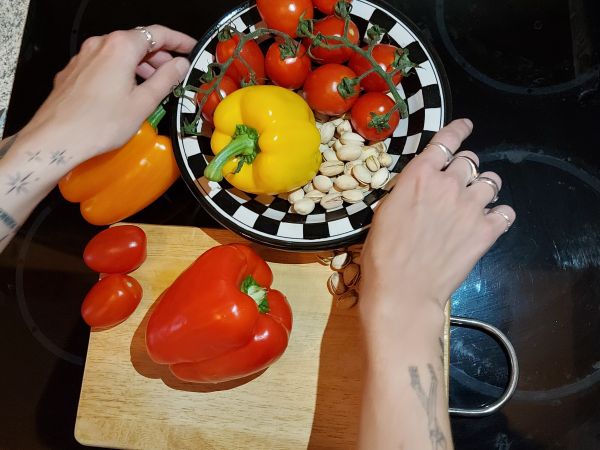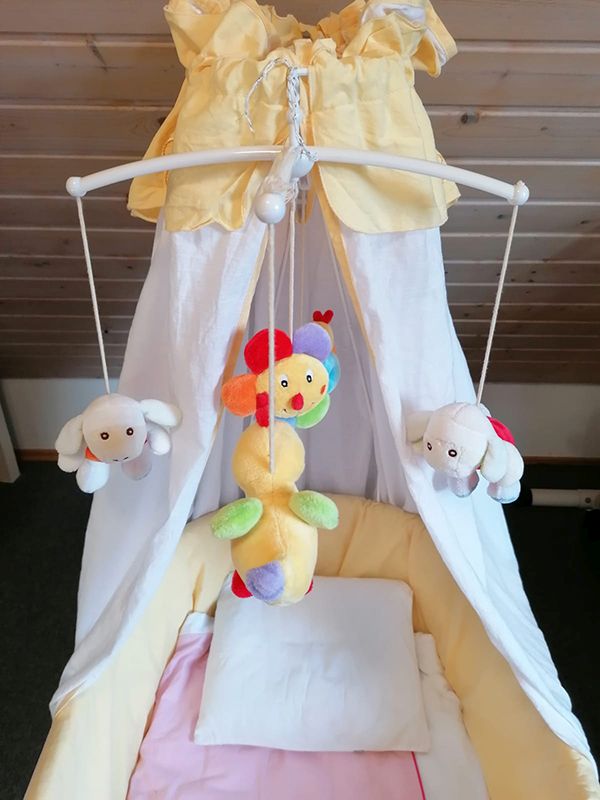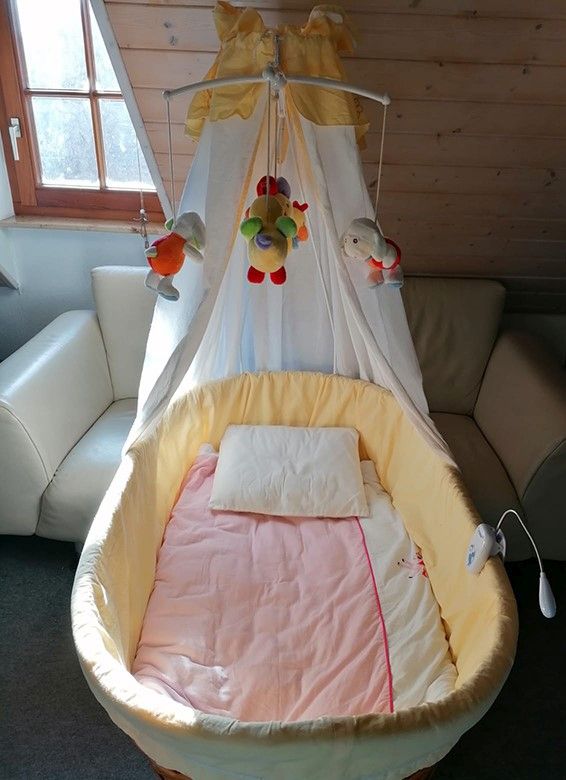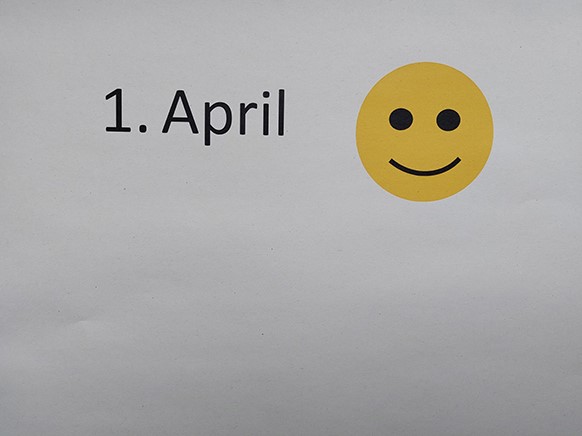By Ute Kaiser
Rana and Nour are studying for their B2 exam. This is exhausting because the German language is complicated. That’s why the two women need a break. They sit on a sofa and nibble pistachios. Rana and Nour don’t need to know that sofa and pistachio were not originally German words. Sofa was adopted from Arabic like Bedouin, Kadi, mattress, saffron and many other terms. Pistachio, like pajama, paradise and pasha, comes from Persian. These words usually have a long migration behind them. They entered the German language via Greek, Latin and Italian.
All words borrowed from other languages are called loanwords in German. There are many of them – from almost all corners of the world to Polynesia. The word tattoo comes from there. Wikipedia writes that almost every fourth word in the spelling dictionary “Duden” has foreign language roots.
The boomerang originates from Australia. With this throwing weapon the Australian natives, the Aborigines, went and go hunting. The Germans borrowed the word crispbread, which crunches so nicely when chewed, from Swedish. Many loan words have something to do with food, such as chocolate. The term originally comes from Aztec, which was spoken in Mexico. Chocolate contains cocoa. The German language has also naturalized this word. The first cocoa beans are said to have been brought to Europe by the navigator Christopher Columbus (1451-1506). Chili and tomatoes also came on ships from Central and South America. The Europeans adopted these terms into their languages.
The orange has also come a long way. The name originally comes from Indian Sanskrit. It was transported along trade routes into Persian, Arabic, Spanish, Italian, French and German. From India come many words such as bamboo, curry, ginger, mango, shampoo and sugar, which in origin meant “sweet”. They are often used in Germany. Nobody thinks about their origin.
Germans also adopted many terms from neighboring European countries. From Finnish, for example, sauna. From Italian, among others, the potato, the account, the corridor and the melon. The paprika comes from Hungary, the cucumber from Poland. The yogurt and caviar are borrowed from Turkish. Germans don’t need an interpreter for that. This word came to Germany from Turkey via Hungary.
Of Greek or Latin origin are many words such as library, democracy, industry, microscope, professor and telephone. They are often called foreign words: They are said to be not yet as integrated into the German language as the loan words. But many linguists doubt this distinction. The English do without it. They speak only of loanwords (loan words).
For a long time now, the German language has swallowed a great many words from English—and more and more are coming. They are called anglicisms. Examples: Action, chill, event, hotspot, Internet, mini-job, online, party, pop song, shopping center and spray. The word mobile only sounds as if. In English it means mobile (or cellular) phone.
Through trade contacts, refugees like the Huguenots or via French occupation soldiers, many words came to Germany over the centuries. Many a king used French to appear more distinguished. But French loan words have also been incorporated into the Swabian everyday language. Their list is long. It includes verbs like shave, revanchize or parry. And many nouns such as alarm, bonbon, chaussee (country road), dessert (dessert), etage (floor), mannequin, parterre (first floor), purse (purse), reportage, napkin, teint (complexion, skin), trottoir (sidewalk), tournament (competition) and vitrine (glass display cabinet).
Rana and Nour have rested enough and now want to continue studying for their exam. They get up from the sofa, which in Swabia is sometimes still called a chaise longue. This complicated word was also naturalized from French. It sounds more noble than sofa. From the neighboring country in the west also comes the farewell greeting adieu, which is often lazily shortened to ade.
But the German language does not only borrow from other languages. It also borrows words. Among the best known are Kindergarten and Waldsterben. Other words that have migrated include (German) Angst, Butterbrot, Gemütlichkeit, Rucksack, Wanderlust, Weltschmerz, which means more than melancholy—and Besserwisser (Scandinavia). Know-it-all seems to be considered a typical German trait there. But that would be another story.
tun23020604
www.tuenews.de
Wörter wie Tattoos, Tomaten, Pistazien, Paprika und vieles mehr werden im Deutschen “Lehnwörter” genannt. Foto: tünews INTERNATIONAL / Linda Kreuzer.
002170




